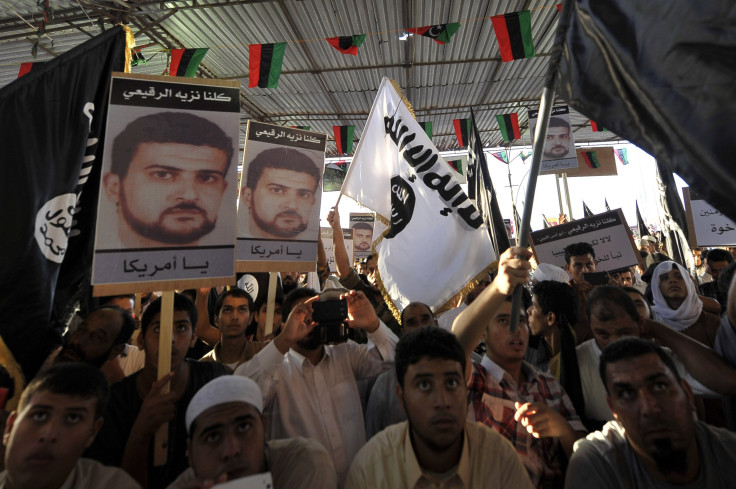Abu Anas al-Libi, Alleged US Embassy Bomber, Dies In New York Before Trial

A former associate to Osama Bin Laden who was awaiting trial for allegedly taking part in the 1998 bombings of U.S. embassies in Kenya and Tanzania, died in New York on Friday. Abu Anas al-Libi, 50, was reportedly captured in Libya in 2013 by U.S. commandos and was brought to New York for trial.
There was a $5 million reward for al-Libi’s arrest and the al Qaeda terror suspect had been wanted for more than a decade. Al-Libi was reportedly in poor health and was suffering from a liver disease as a result of Hepatitis C, NBC News reported. U.S. Attorney Preet Bharara reportedly said that al-Libi was moved to a New York hospital from the Metropolitan Correctional Center “due to sudden complications arising out of his long-standing medical problems." Following this, his condition “deteriorated rapidly,” leading to his death on Friday.
"We understand that, in addition to his counsel, an imam was with al-Libi at the hospital and that appropriate arrangements are being made with his family," Bharara wrote in a U.S. Court filing, according to NBC News.
However, Um Abdullah, al-Libi’s wife, told The Associated Press (AP), that his arrest by the American government had worsened his health.
"I accuse the American government of kidnapping, mistreating, and killing an innocent man. He did nothing," Abullah said, according to AP, adding that al-Libi had undergone liver surgery three weeks ago. She also added that al-Libi went into a coma after the operation and was moved back to the prison prematurely, as a result of which his health deteriorated. She spoke to him last on Thursday, from prison.
"His voice was weak and he was in a bad condition," Abdullah said, according to AP, adding: "It seems they didn't keep him for enough time in hospital."
Al-Libi was also known as Nazih Abdul-Hamed al-Ruqai and was indicted in December 2000 for the 1998 bombings, which had killed 224 people. Prosecutors had accused al-Libi of being a part of a consultation council for al Qaeda, which discussed and approved terrorist operations, AP reported. He was believed to be a computer specialist for al Qaeda and had studied electronic and nuclear engineering. He graduated from the Tripoli University and opposed the Moammar Gadhafi's regime.
He moved to the U.K. in 1995, where he was granted a political asylum amid unclear circumstances and was even arrested by Scotland Yard in 1999. He was later released because of lack of evidence was later said to be hiding in Afghanistan.
© Copyright IBTimes 2024. All rights reserved.












